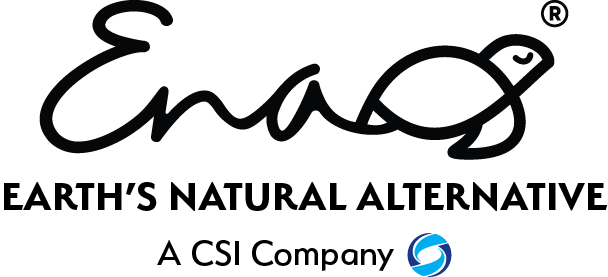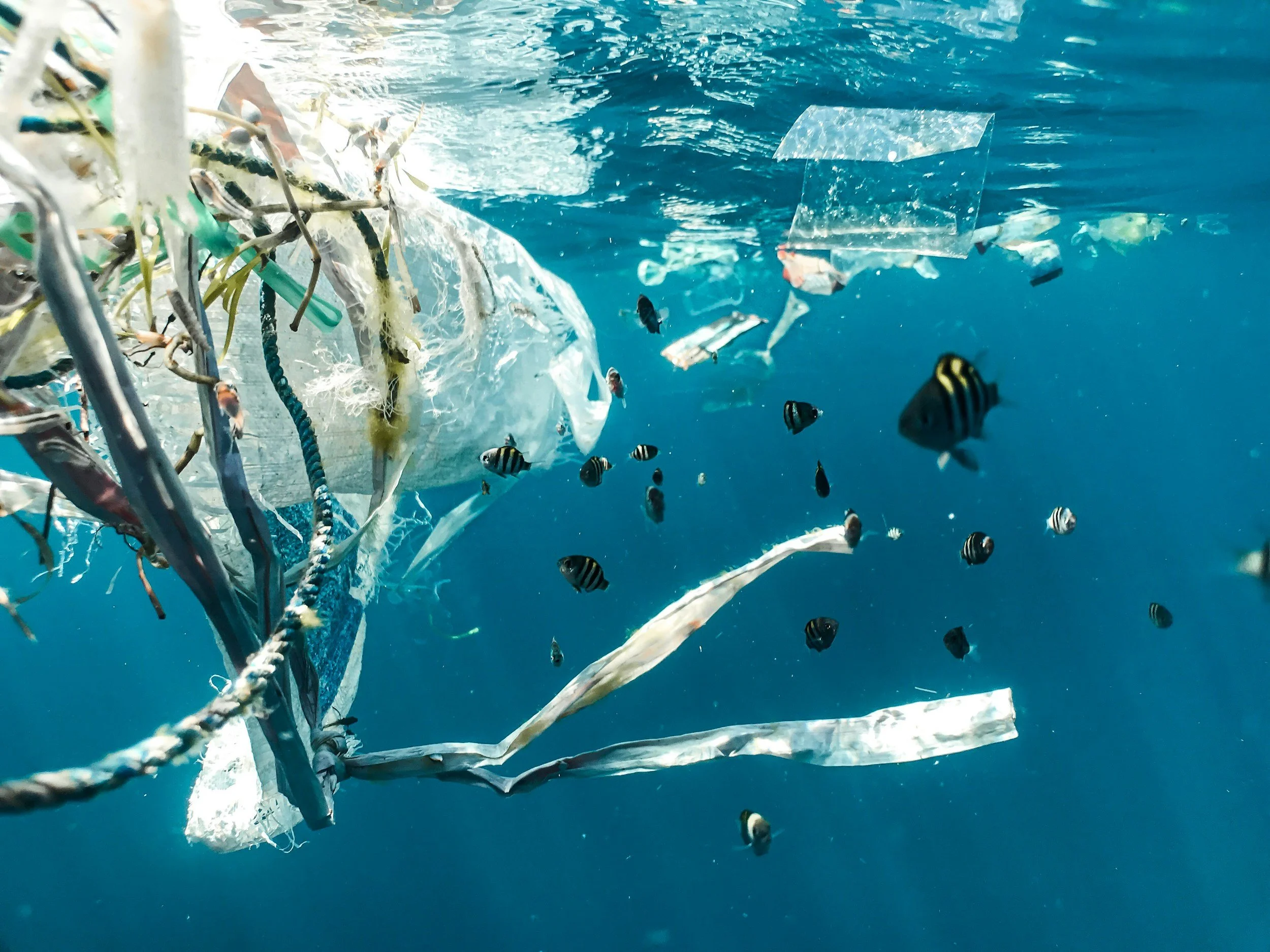A Bit About Plastics and How You Can Help
We live in a world where plastic surrounds us. It is in water bottles, food containers, and beauty products. Plastics are so involved in our daily lives that replacing all plastic products would take years if not decades to happen. Though the thought of reducing our usage of plastic is daunting it doesn’t mean we shouldn’t try for a better cleaner world.
Plastics contribute to Climate Change by releasing toxic chemicals into the air each day from fossil fuel extraction to product transportation. The use of plastics play a significant role in some aquatic and land animals lives. There are areas such as The Great Pacific Patch that is a large floating mass of plastic garbage that stretches for miles in the deep ocean all created by human littering. This patch and other areas like it cause hundreds if not thousands of deaths of aquatic animals each year.
Plastics are not only bad for the environment, but also for the wellbeing of humans. A recent study done by the American Chemical Society states that one American consumes 70,000 particles of microplastics each year. These microplastics can be consumed by eating food or breathing air that is contaminated. If someone drinks water only from plastic bottles they are likely to consume an additional 90,000 particles of microplastics.
Some companies are trying to make a change by going as far as putting embarrassing labels on their plastic bags in hopes that their customers will bring their own reusable bags. Other companies are changing their products to eco-friendly products that are either from recycled materials or made of compostable materials. Though these changes on a larger scale are happening it is still up to us as individuals to be responsible on how we choose which products to purchase and how we dispose of our products.
Ways to help:
Stop buying single use products. This includes small food containers and plastic bags.
Buy reusable products such as reusable bags for shopping at grocery stores and other shops.
Use eco-friendly utensils, cups, and straws such as the ones at ENA.
If you have to purchase plastic make sure to recycle them in the proper way.
If you see plastic on the street, pick it up and recycle it.

